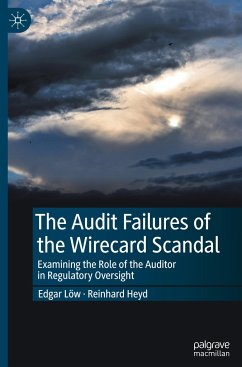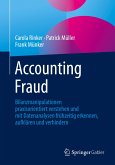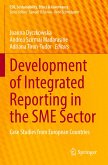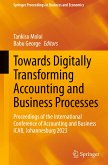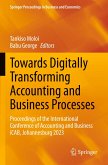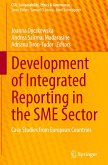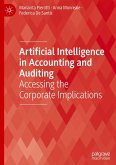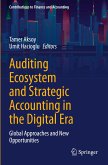Wirecard was the largest economic scandal in the history of Germany. Following the collapse of Wirecard, numerous lawsuits, both criminal and civil by equity and debt investors, were filed not only against Wirecard but also against the auditor Ernst & Young. This book demonstrates that a proper audit in accordance with the auditing standards would have uncovered the fraud much earlier, and details what went wrong. The book first deals with the fundamentals of auditing and examines the Wirecard business models from a legal and economic perspective. Then, the book deals with the fiduciary structure, which there has been often debated. When the fraud was uncovered, it became clear that 1.9 billion Euros that were supposed to be in escrow accounts were not. The book discusses the balance sheet mapping in detail, including the related audit requirements and examines in which balance sheet item the amounts (allegedly) in escrow accounts should have been reported, before examining and weighing the corresponding income statement items. In each chapter, not only are the accounting requirements presented, but the requirements for audit measures based on the respective Standards on Auditing are highlighted and explained in detail. The book places the requirements for reporting in the context of the Wirecard case, and will be of interest to accountants, auditors, market regulators, and credit risk analysts alongside students of accounting/auditing.
Bitte wählen Sie Ihr Anliegen aus.
Rechnungen
Retourenschein anfordern
Bestellstatus
Storno

